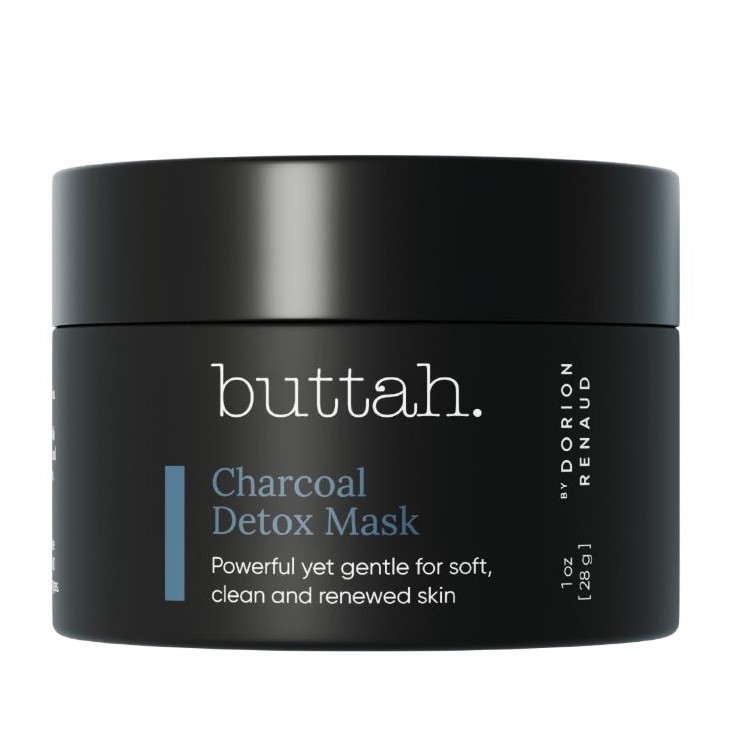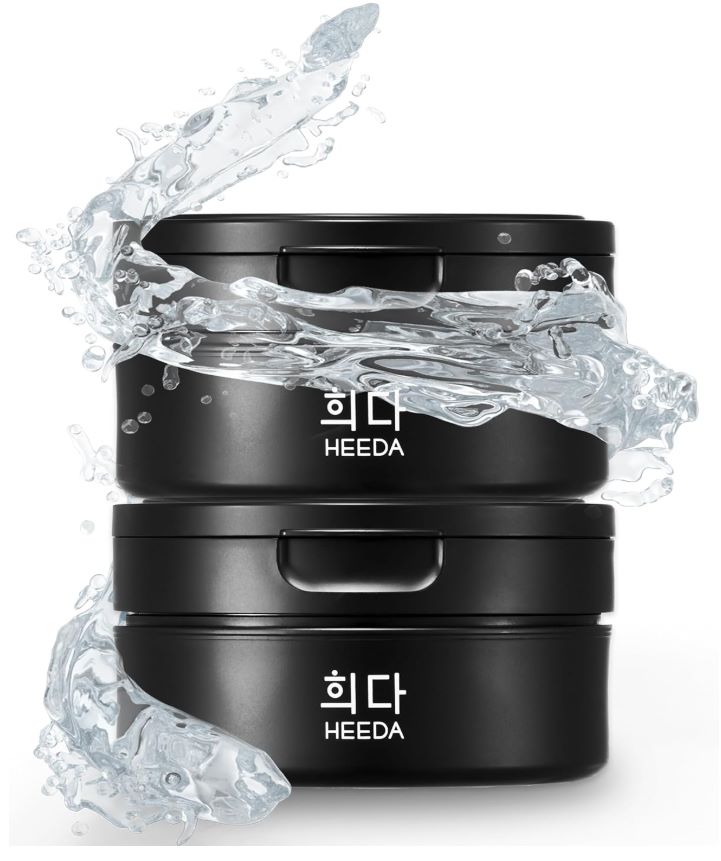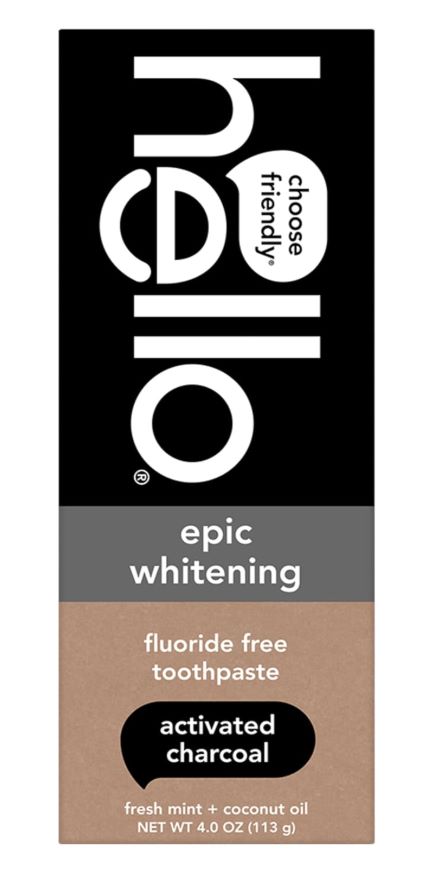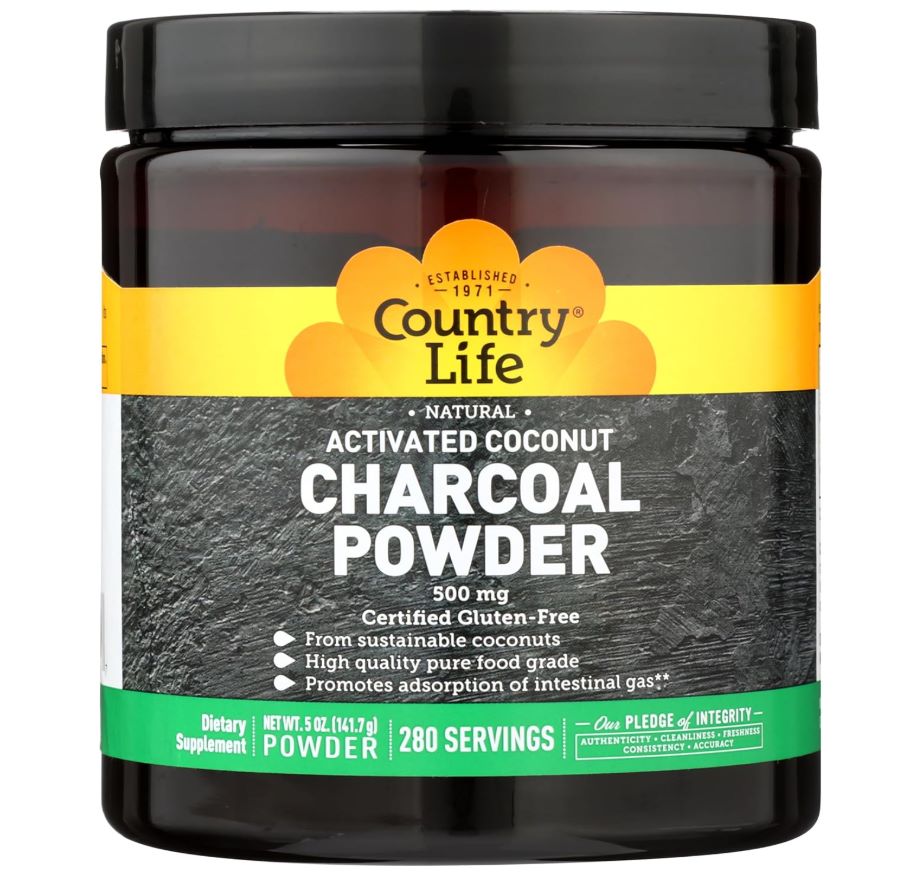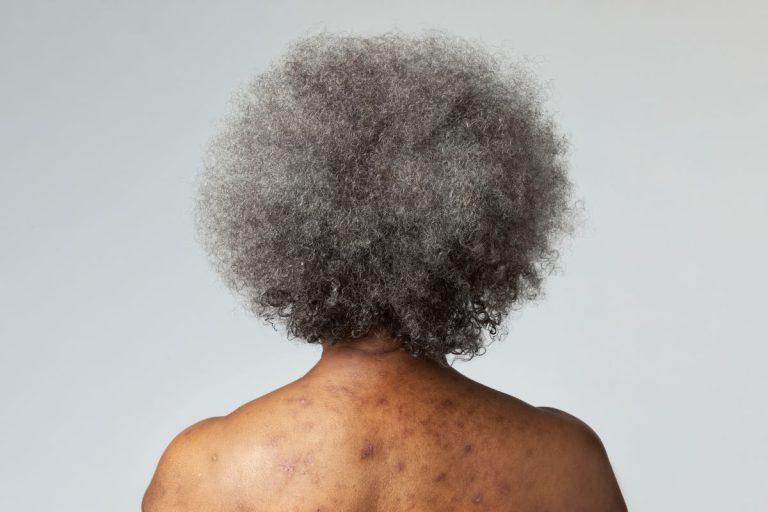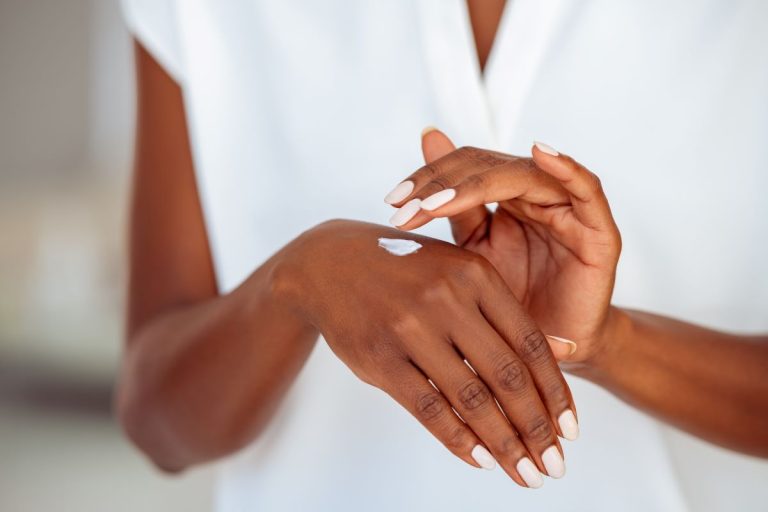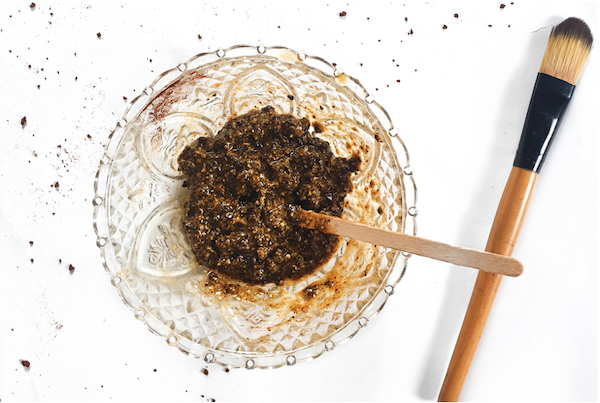Activated Charcoal Uses and Benefits: What You Need to Know
Explore the activated charcoal uses and benefits—from enhancing skin care and teeth whitening to supporting detox—in a balanced, evidence-based guide.
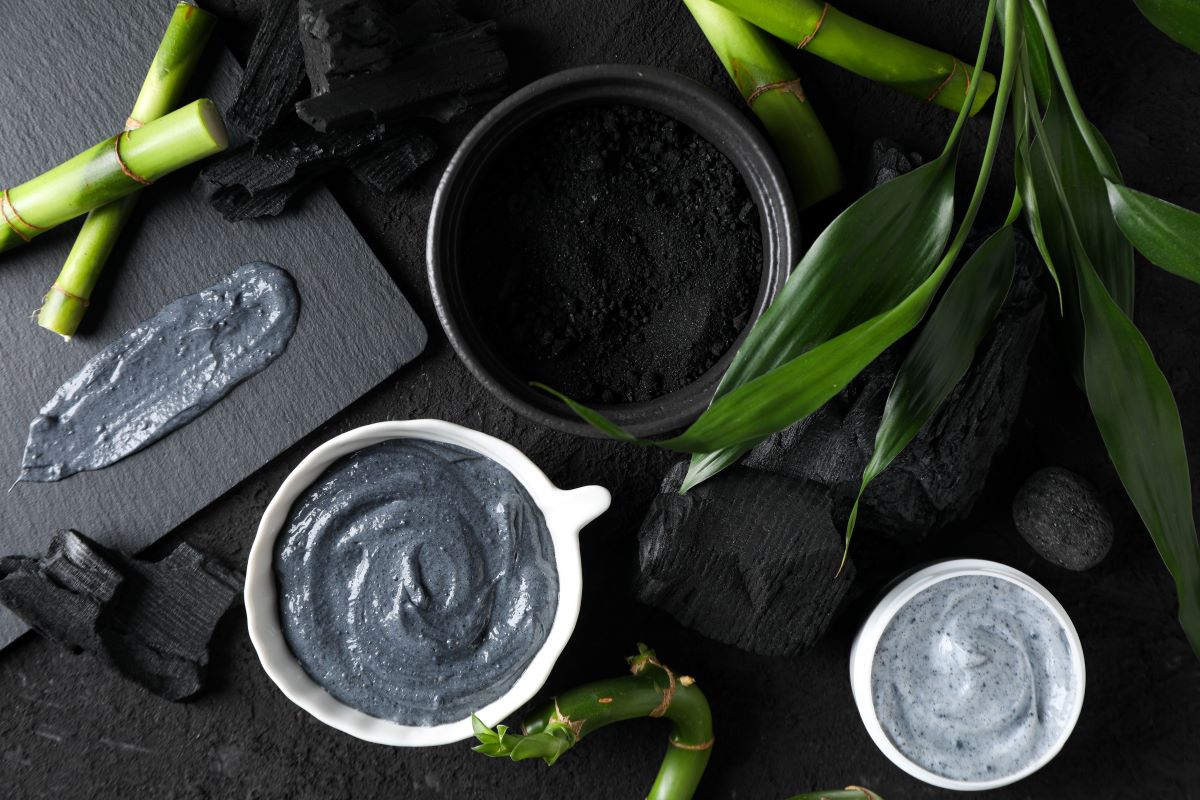
Our editors and contributors independently select products that we feature. When you buy through links on this page, we may earn an affiliate commission. Learn more.
This article first appeared in Radiant No.11, The Survivor Issue, as Activated Charcoal: Friend or Foe? The print edition of this issue is now sold out. Its digital edition is available here.
Activated Charcoal: Friend or Foe?
Activated charcoal has become a buzzworthy ingredient, but understanding its uses and benefits is key to making informed choices. This article examines how this ancient remedy can aid in skin care, teeth whitening, detoxification, and more.
Lately it seems you cannot walk down a store aisle without seeing a product touting activated charcoal as a key ingredient, both in topical remedies and in food products. And while activated charcoal has been used since ancient times and is still a standard medical treatment for certain types of poisonings and overdoses, it has recently crossed over into mainstream commercial use in many household items. Let’s weigh in on activated charcoal’s uses and effectiveness.Activated Charcoal Benefits for Skin
Many beauty products, such as facial masks, include charcoal as an active ingredient because it is porous and can therefore absorb dirt and impurities. But some dermatologists point out that while this may work in theory, activated charcoal could also bind with a product’s other ingredients, effectively negating its absorptive power. In some cases, it may actually be a product’s other ingredients that are providing results—the clay in a natural face mask, for instance—not the charcoal.
Related Articles
Activated Charcoal and Teeth Whitening
Recently touted as a natural toothpaste especially good at whitening the teeth, charcoal has already been used as a toothpaste in rural communities for many years. And research suggests that it can indeed whiten teeth, possibly because its rough surfaces can help scrape away plaque and stains. Charcoal also appears to have an effect on halitosis, or bad breath, again because of its ability to bind tightly to other materials.
On the downside, toothpastes containing charcoal may have to leave out certain beneficial ingredients that would bind to the charcoal and make it less effective. And while activated charcoal has not been proven to be abrasive enough to thin down the enamel or gums, the excessive brushing required to remove the charcoal residue may be hard on the teeth. In addition, black particles from the charcoal can lodge in the crevices of the teeth or result in the discoloration of dental restorations, which may require replacement.
Radiant Picks
Activated Charcoal Products
Activated Charcoal for Detox
It is important to stress that we already have organs such as the liver to do the hard work of detoxification for us, but our organs can always be supported by what we eat. Because activated charcoal is not absorbed by the body, it has the ability to bind with various substances and then be excreted along with them. Ingesting charcoal is an effective way to remove certain toxic drugs or irritants before they can spread throughout the body, which explains its medical use in instances of poisonings and overdoses of drugs such as paracetamol.
However, just as it binds to toxins, charcoal can also bind to vital nutrients and drugs, which can lead to deficiencies in certain nutrients and minerals, as well as other unintended consequences. For example, there has been speculation that charcoal may make the contraceptive pill less effective, as it too may bind to the charcoal. Therefore, it may be wise to think twice and do some research before starting a detoxification program that involves ingesting activated charcoal if you are taking oral contraceptives.
Activated charcoal is often added to drinks and foods as a novelty these days, and while it may be fine in small doses, it is probably best not to overdo and to ensure that you wait several hours between eating any foods fortified with charcoal and dining or taking medications (ideally consuming the charcoal product first).
Activated Charcoal For Water Filtration
The use of activated charcoal in water filtration systems is quite common because it effectively binds to many types of impurities, toxins, pesticides, and industrial waste. It can also improve the taste and smell of water. Charcoal cannot remove bacteria, viruses, and some minerals found in hard water, however. Also, one dental study suggests that charcoal may remove fluoride from water, and charcoal water filters may provide a breeding ground for bacteria if not replaced regularly, according to some filter manufacturers.

Other Uses of Activated Charcoal
In addition to these popular uses for activated charcoal, there are other applications that have resulted in either conflicting results or insufficient evidence of effectiveness. These include relieving excess wind from the bowels, treating hangovers, removing excess bile during pregnancy, and lowering cholesterol.
So, Is It Safe?
In small doses, activated charcoal has been shown to be safe for most people. However, side effects can occur, including dehydration (it is important to drink plenty of water when ingesting charcoal), nausea and vomiting, constipation, black stools, and very rarely, bowel obstruction when ingested in therapeutic amounts.
Activated charcoal can cause breathing problems if it is used in powder form and accidentally aspirated, and it can also cause scratches or abrasions on the eye surface if it comes into contact with the eye (when used as face mask, for example). Charcoal can also cause erosion to veneers or crowns if used as a toothpaste, so it always best to check with your dentist before using.
In short, when used externally, activated charcoal is generally regarded as posing a low risk to health, but caution is required when using charcoal for other indications.
This article first appeared in Radiant No.11, The Survivor Issue, as Activated Charcoal: Friend or Foe? The print edition of this issue is now sold out. Its digital edition is available here.

